Dental Hygiene Program Requirements
Developing competence as a dental hygienist requires fine motor skills, critical thinking, and reading for comprehension and application. Additionally, dental hygienists must have the depth perception necessary to obtain measurements in the mouth and the ability to see fine details and determine tissue changes in the oral environment. The Technical Standards and Essential Functions summary details the areas successful dental hygienists must be able to demonstrate.
If you are offered a position in the upcoming dental hygiene class, you will need to provide documentation of a recent physical examination. If accepted, you will also be required to undergo a criminal background check. It is important to know that conviction of a felony or misdemeanor that directly relates to the duties and responsibilities of the dental hygienist may disqualify a person from receiving a license to practice dental hygiene in the state of Texas (in accordance with the Occupations Code, Title 2, Chapter 53).
If you are offered a position in the upcoming entering dental hygiene class, you will need to prove completion of a current basic life support course (CPR) from the American Heart Association by September 1 of the first semester of the program. A photocopy of both sides of the course-completion card showing the issue/expiration date and the instructor’s identification information is considered proof of course completion. Training must be maintained and verified annually thereafter. For more information about CPR requirements, click here.
Individuals must be at least 18 years of age to be eligible for a license to practice dental hygiene in the state of Texas (in accordance with the Occupations Code, Title 3, Chapter 256).
Individuals who are involved in the provision of dental hygiene services may be exposed to blood borne pathogens that may result in human disease. Students and faculty members who experience an exposure to potentially infectious materials (needle stick, mucous membrane, or non-intact skin) or airborne inhalation require specific follow-up. An accident insurance fee is assessed to courses where the likelihood of an exposure may occur and a management protocol has been developed. For more information on the policies on blood borne and infectious diseases refer to the current Student Handbook and the Dental Hygiene OSHA Manual.
Search the Health Sciences Website
Dental Hygiene Updates
2024 Health Sciences Spring Completion Ceremonies
We are delighted to extend a warm invitation to you for our Austin Community College's 2024 Health Sciences Spring Completion Ceremonies, where we will celebrate the achievements of our graduating students.
Read moreACC Health Sciences Regional Simulation Center
As the area’s number one educator of healthcare professionals, ACC’s Health Sciences Area of Study equips students for the important work that lies ahead. Our program is amongst the best in the state, and our graduates outperform students from across the nation.
Read moreACC and AFD Celebrate Five Years of Red Angels Partnership
A new plaque proudly hangs on the walls of ACC’s Health Sciences building at Eastview Campus — celebrating five years of making a difference in the community.
Read more

